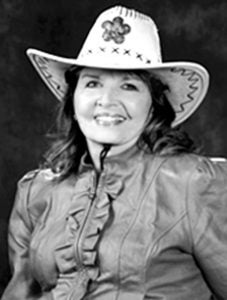 Muriel Stanley Venne was born in Lamont, Alberta, in 1937, one of ten children in a Métis farming family. Married at 17, she raised four children on her own after escaping her extremely violent husband. She studied education at the University of Alberta for three years, leaving the program before completing to seek full-time work to support her children. Employed by the Métis Association of Alberta, she initiated the Native Outreach program, working doggedly to persuade employers to hire Indigenous people.
Muriel Stanley Venne was born in Lamont, Alberta, in 1937, one of ten children in a Métis farming family. Married at 17, she raised four children on her own after escaping her extremely violent husband. She studied education at the University of Alberta for three years, leaving the program before completing to seek full-time work to support her children. Employed by the Métis Association of Alberta, she initiated the Native Outreach program, working doggedly to persuade employers to hire Indigenous people.
In 1973, Premier Peter Lougheed named Stanley Venne to the new Alberta Human Rights Commission as a commissioner. Later, she chaired the Aboriginal Commission on Human Rights and Justice. Her work on the Commission led her to establish the Institute for the Advancement of Aboriginal Women in 1994 to both highlight Indigenous women’s achievements and campaign for an end to discriminatory practices that they faced. The annual Esquao awards celebrated the former while campaigns against injustices faced by Indigenous women in the criminal justice system formed a crucial part of the latter. Among her many honours, she was named to the Order of Canada in 2005 in recognition of her human rights’ activism. In 2017 the Alberta government named one of its buildings the Muriel Stanley Venne Provincial Centre.
(From: Alberta Labour History Institute)
